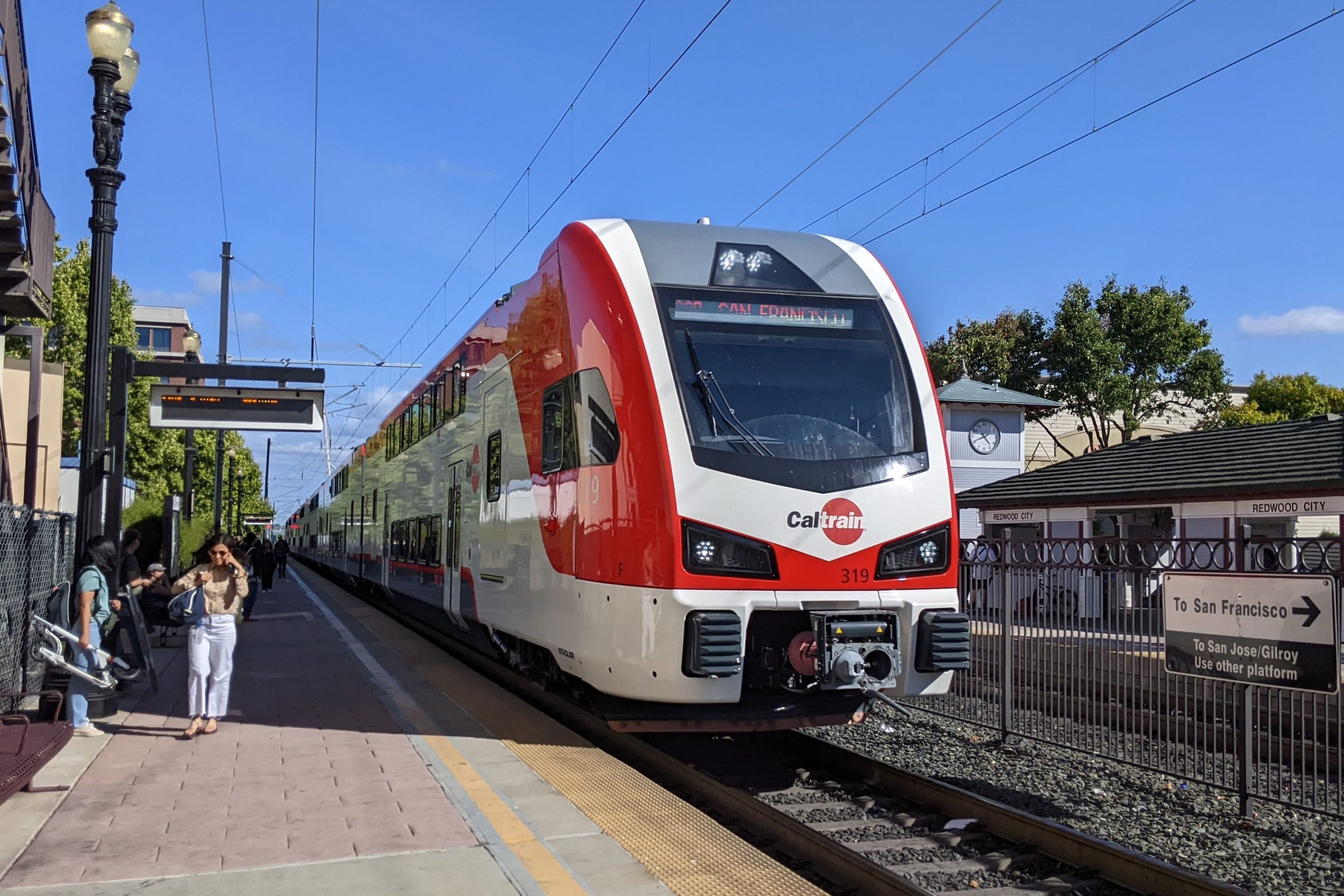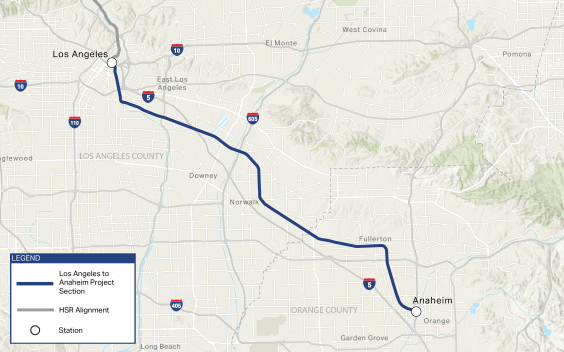Two of the most popular transportation programs in the Obama
administration's stimulus law, the $1.5 billion in competitive grants known
as TIGER and the $8 billion high-speed
rail initiative, had an added feature that made them even more
attractive to cities and states: the federal funding awards would not
require a local match.
 Amtrak's
Amtrak'sEmpire Builder line currently provides rail service to Milwaukee.
(Photo: Nat'l
Corridors Initiative)
But that arrangement is about to change, as the stimulus era runs
its course and the next rounds of high-speed rail and TIGER-style
competitive grants are given out by the U.S. DOT.
In Wisconsin, where an advertising war already has
started between conservative critics and industry supporters of the
state's $822 million bullet-train grant, local media reports
that finding a local match for future rail grants could prove a
significant stumbling block:
Unlike the first high-speed rail grants Wisconsinreceived, future federal payouts will require the state put up its ownmoney.
Butthe state already has problems maintaining its roads and should notshell out money from the transportation budget to get federal railgrants, said Wisconsin state Rep. Mark Gottlieb, the WisconsinAssembly’s appointee to the Midwest Interstate Passenger RailCommission.
“Irrespective of the amount of federal money that ison the table right now,” Gottlieb said, “moving forward even fasterwith intercity rail is something I just don’t think we can afford rightnow.”
It remains to be seen whether Wisconsin's resistance to budgeting
for a state contribution to high-speed rail -- which is not affecting
its enthusiasm for other federal road and transit programs that require a
local match -- will become a trend in the coming months. The $600
million in competitive TIGER-style grants that Congress approved
last fall will require localities to find matching funds, but the
U.S. DOT has yet to formally solicit applications for that funding.
Still, as a growing number of states face budget crises in the wake
of the global financial crisis, available funding for all modes of
transportation is
evaporating. The latest state to feel the pinch is Maryland, where
officials have announced plans to
delay for two years a $28 million capital contribution to the D.C.
area's Metro transit system.





